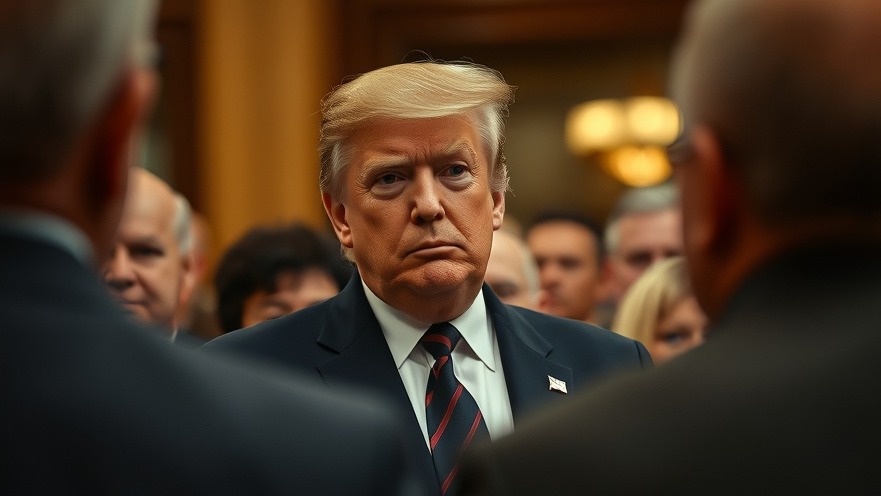
Trump: A President Unlike Any Other
President Donald Trump continues to reshape the expectations of transparency in politics as he regularly shares his thoughts and frustrations directly with the public. From his outbursts regarding foreign leaders to his casual sharing of private tekstenings on social media, Trump’s approach blurs the lines between public and private discourse, offering a unique insight into his psychological state. His unorthodox style provides perceptions of authenticity that some voters appreciate, while others critique it for lacking the decorum traditionally associated with the presidency.
Transparency vs. Traditionalism
In a stark contrast to his predecessors, Trump invites scrutiny through his social media posts, which can sometimes include erratic statements and emotive expressions. This has led to a debate about whether his behavior signifies a new era of political transparency or if it represents a departure from responsible presidential conduct. Supporters like White House press secretary Karoline Leavitt argue that Trump’s candidness fosters an unprecedented connection between the president and the citizens.
However, critics highlight the complications arising from such transparency, noting that not all messages may align with diplomatic propriety. Moreover, experts on political communication suggest that this strategy of personal sharing could lead to misunderstandings and international tension, especially when Trump expresses sentiments that could polarize or offend global leaders.
Psycho-Social Dynamics at Play
Digging deeper, Trump's penchant for sharing seemingly trivial details and personal grievances often recalls the behaviors of a socially engaged millennial, stirring questions about his political maturity. From a psycho-social standpoint, this approach poses an interesting dilemma; it bridges the gap between the political elite and the general population while simultaneously risking the image of presidential gravitas.
A seasoned clinical psychologist might posit that Trump's impulsive sharing reflects an underlying need for validation or affirmation, contributing to a deeper narrative about the interplay between mental health and leadership. His social media presence becomes a stage for drama, reinforcing support among fans while raising eyebrows in adversarial circles.
Implications for Future Elections
As the next election cycle approaches, candidates across the political spectrum may need to adapt to expectations for transparency that Trump has set. On one hand, they might leverage social media to cultivate a personal rapport with voters; on the other, they may avoid the vulnerability that comes with such openness, learning from the risks associated with Trump's tactics.
Political analysts are already speculating on how Trump's approach will influence younger candidates in future elections. Voters who came of age in the social media era may, in fact, gravitate towards candidates who mirror Trump's direct communication style, expecting similar transparency in their dealings.
Action Steps for Voters
As Trump continues to dominate political discourse, it is critical for voters to remain vigilant consumers of information. Engaging with varied news sources and verifying claims made through social media can empower them to better understand the complexities of political narratives. The nature of information shared in the digital age often lacks context, making critical thinking essential.
Furthermore, as the socio-political landscape continues to evolve, being an informed voter enhances not only individual agency but contributes to the collective democratic process in America.
 Add Element
Add Element  Add Row
Add Row 



Write A Comment